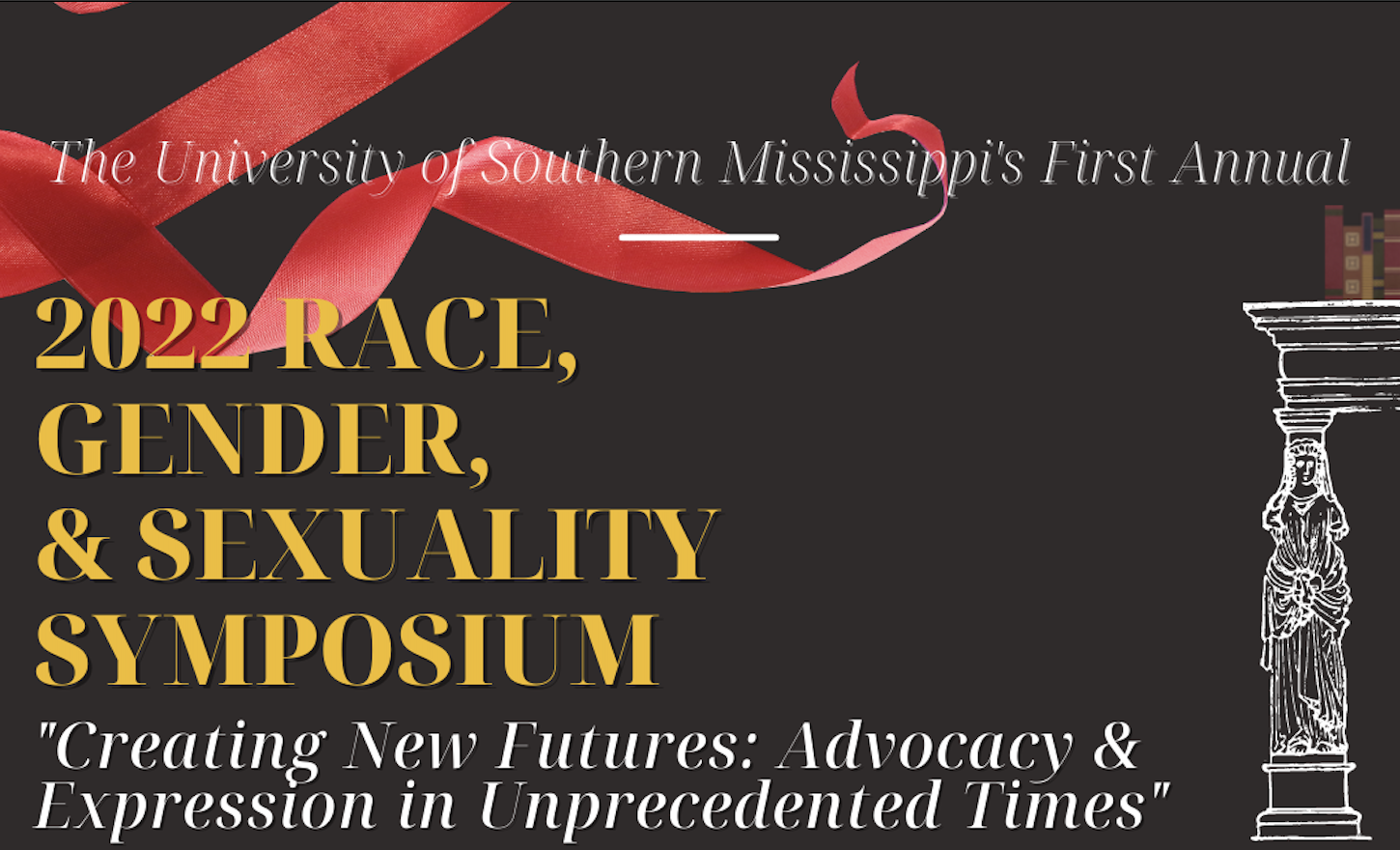
Document Type
History and Liberation
Publication Date
2022
Abstract
The Book of Margery Kempe (ca 1450-1500) details the life of Margery, a medieval woman who seeks to purify herself before God while simultaneously exhibiting nonnormative behavior regarding church expectations of chastity, purity, the body, and conformity. In her story, Margery enacts many unusual forms of worship that toe the line of Church expectations: she bestows healing kisses upon women, spends exclusive time healing a woman who refuses to be attended by men, she strikes up a celibacy pact with her husband, and starves herself as a form of penance. Margery’s motives for such behavior are up for debate. With previous scholarship on Margery in mind, Tobin turns to the work of Robert McRuer regarding compulsory able-bodiedness and the work of Adrienne Rich regarding compulsory heterosexuality as vehicles for the exploration of Margery’s inability to attain the Church ideal of normal behavior at the time, as well as her resistance to deviance. Although compulsory heterosexuality and able-bodiedness originate in a contemporary context and are therefore born of a different socio-cultural conception of the body and sexuality, they open the potential to perceive sexuality and able-bodiedness in medieval texts in new ways. In this essay, Tobin explores how Margery, to free herself from heteronormative and able-bodied expectations perpetuated by the Church, uses the legitimacy of God and Jesus’ divine intervention in her life as an attempt to simultaneously be perceived as normal, while also living as a queer, disabled woman.
Recommended Citation
Tobin, John, "The Failed Pursuit of Religious Expectations: Compulsory Heterosexuality, Compulsory Able-Bodiedness, and Queer/Disabled Existence in The Book of Margery Kempe (ca. 1373- 1440)" (2022). Race, Gender, and Sexuality Symposium. 7.
https://aquila.usm.edu/rgss/7

